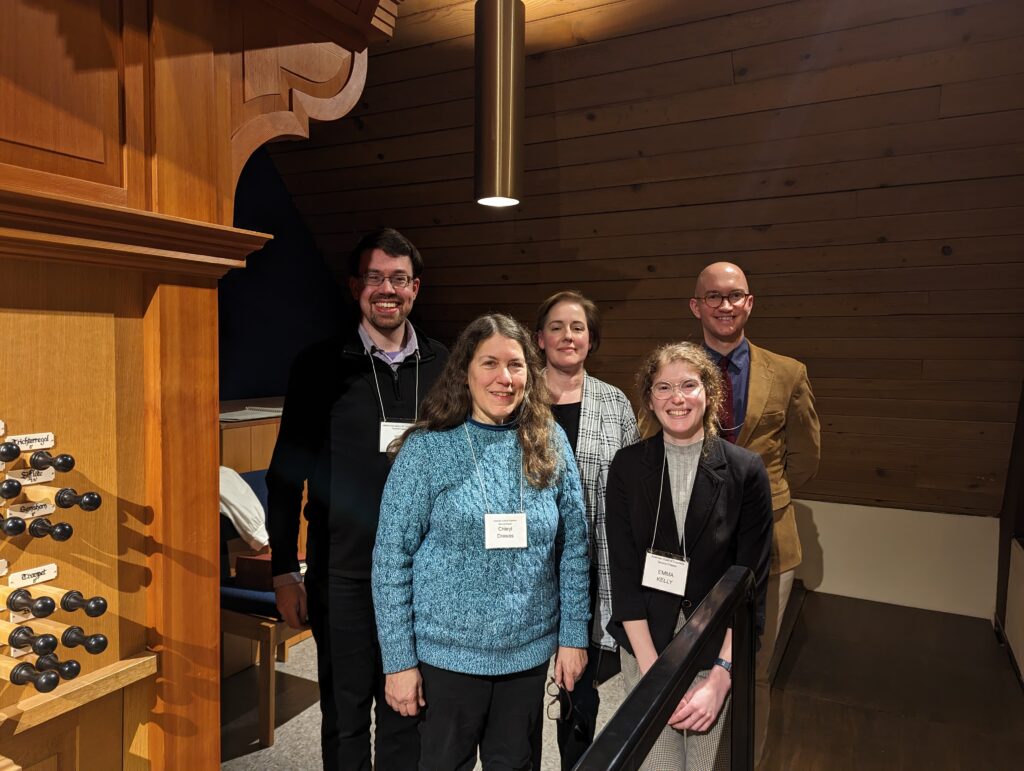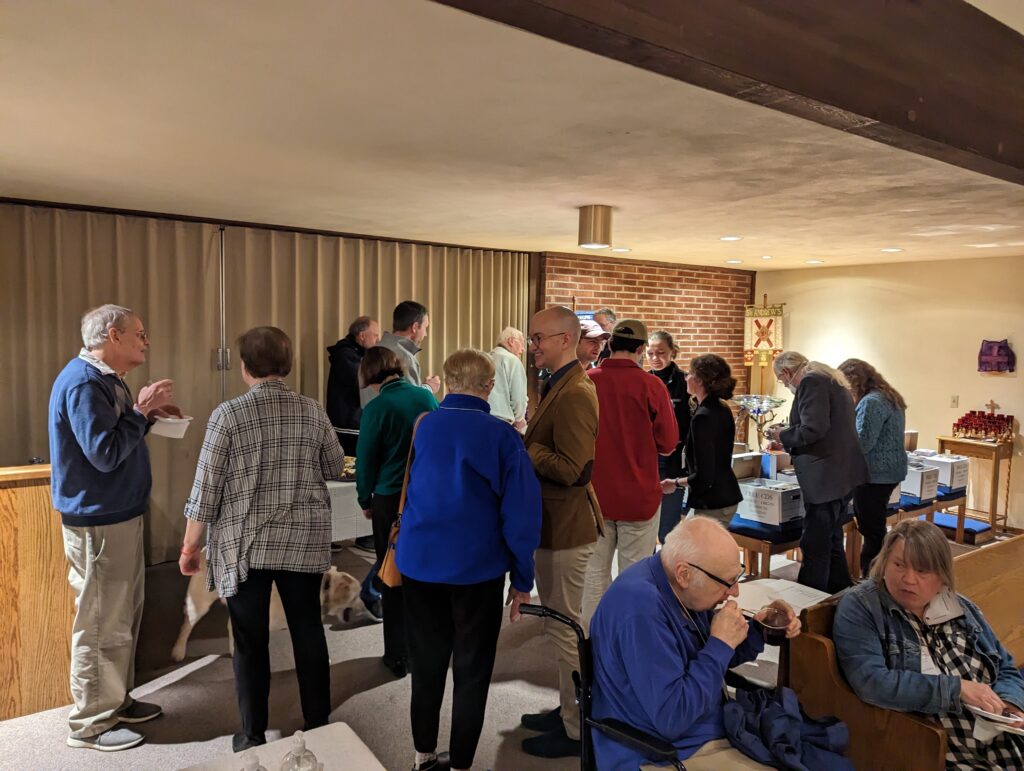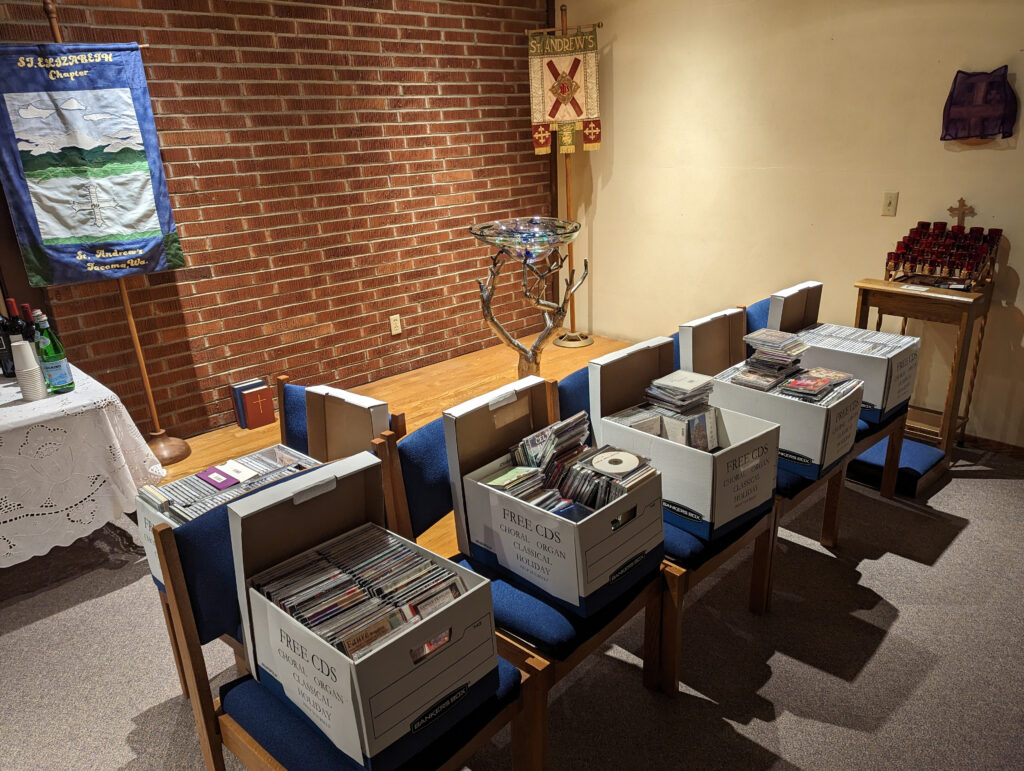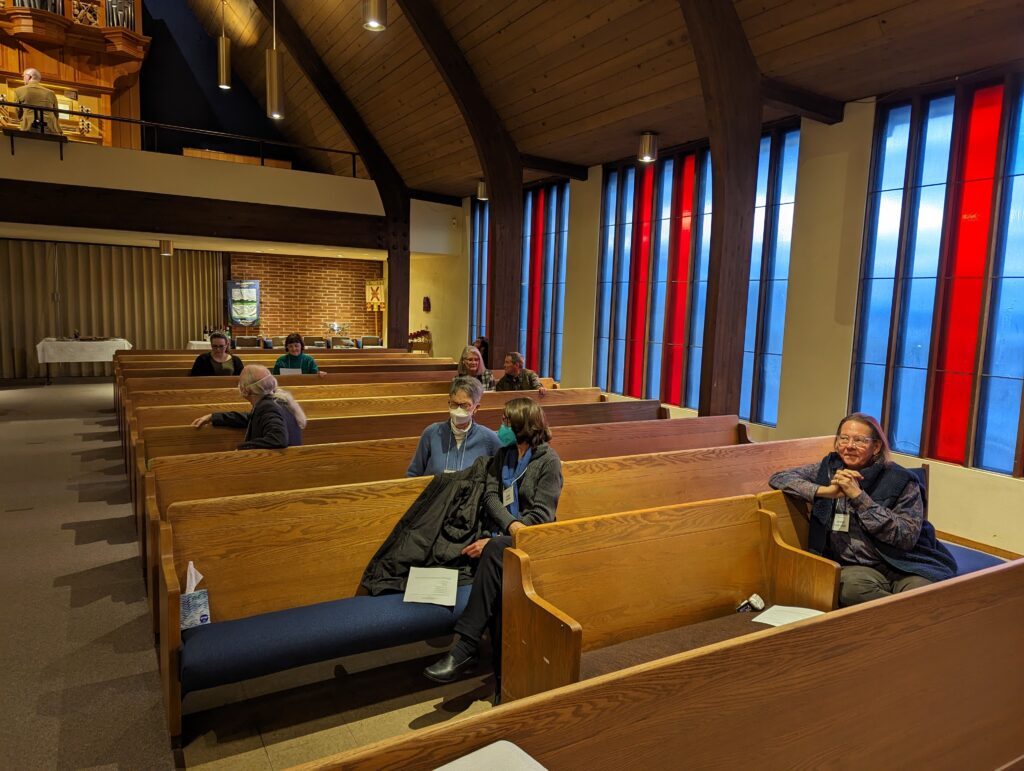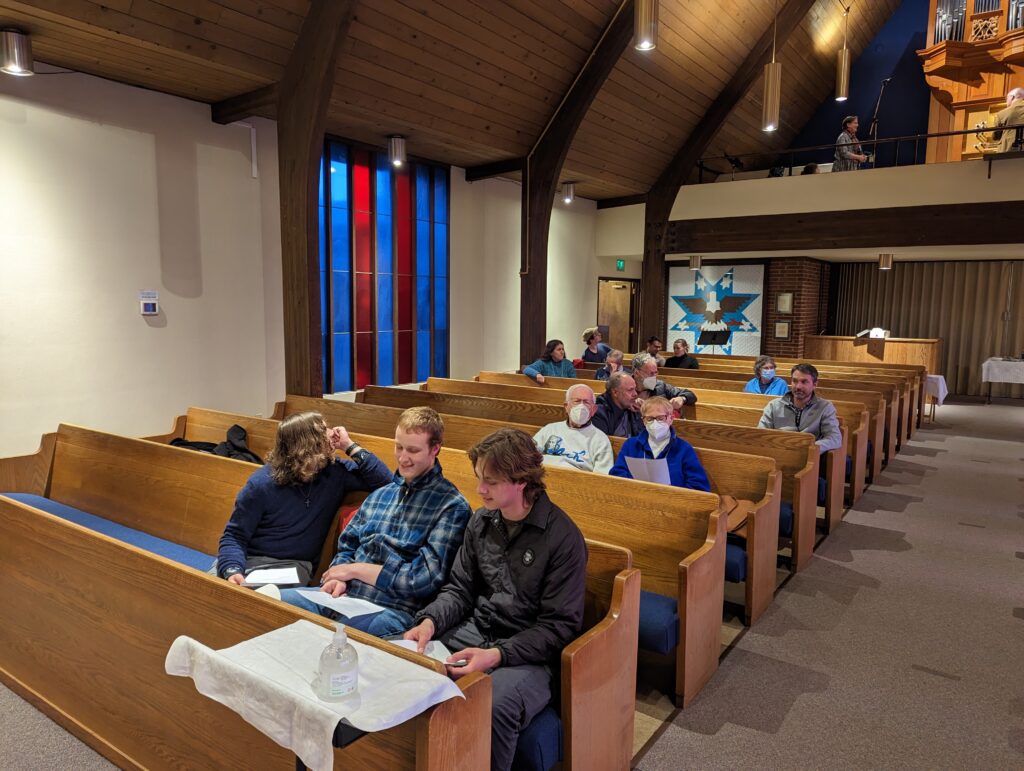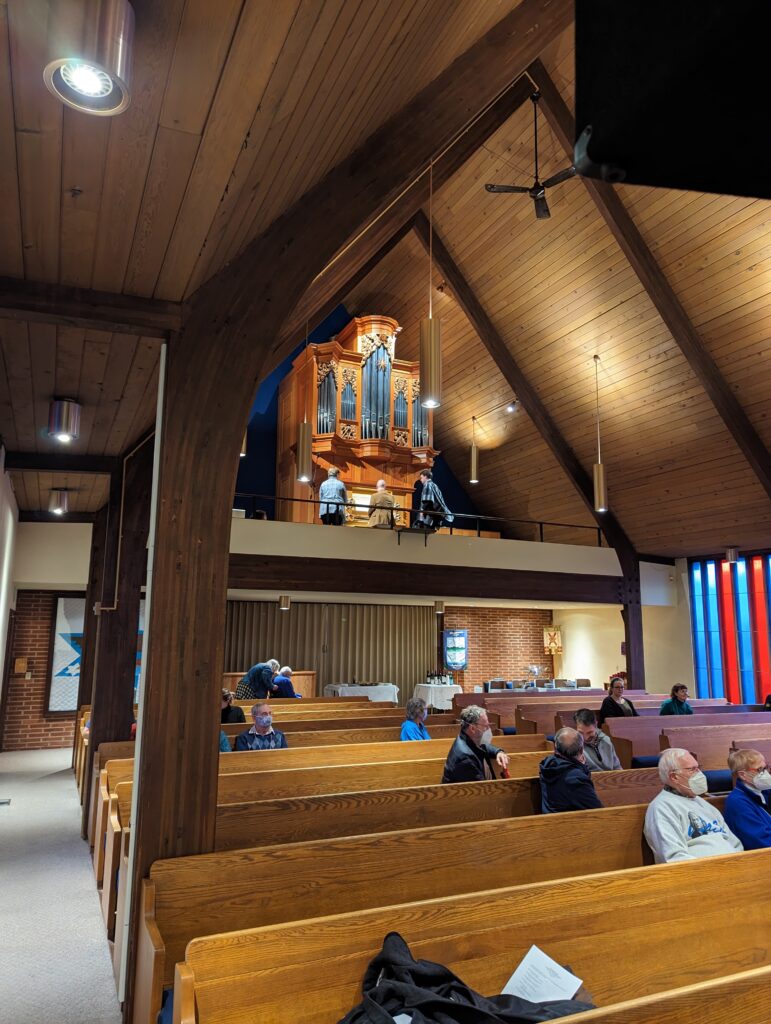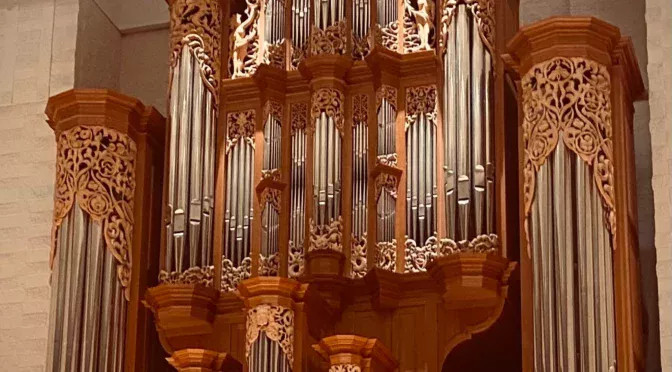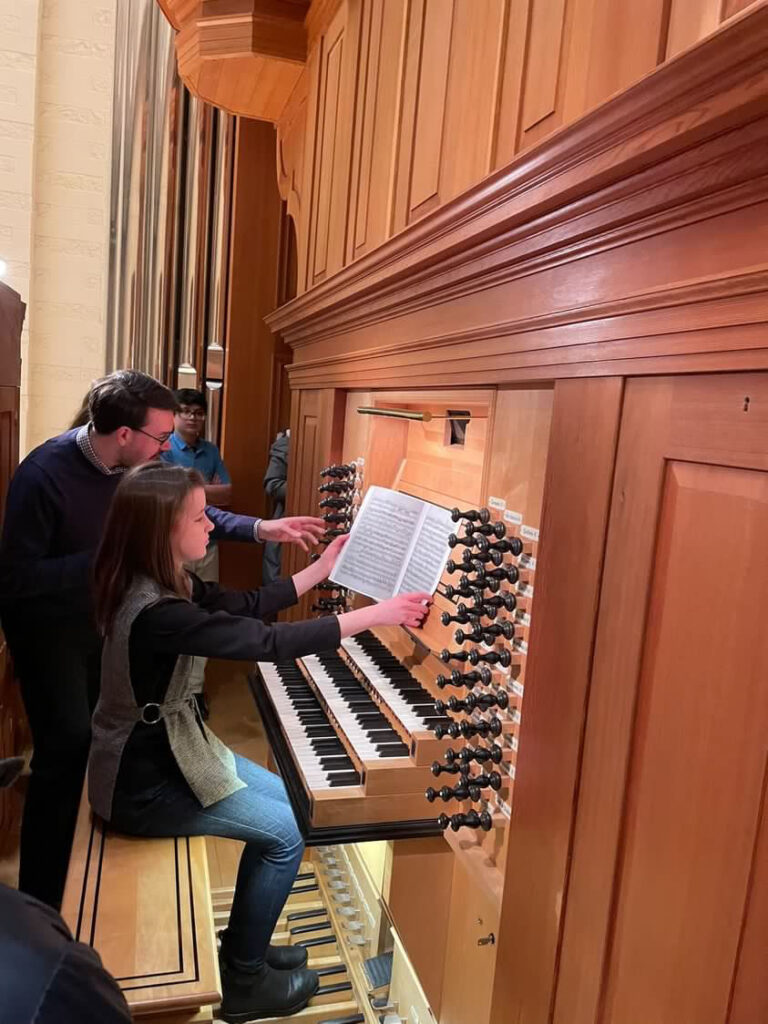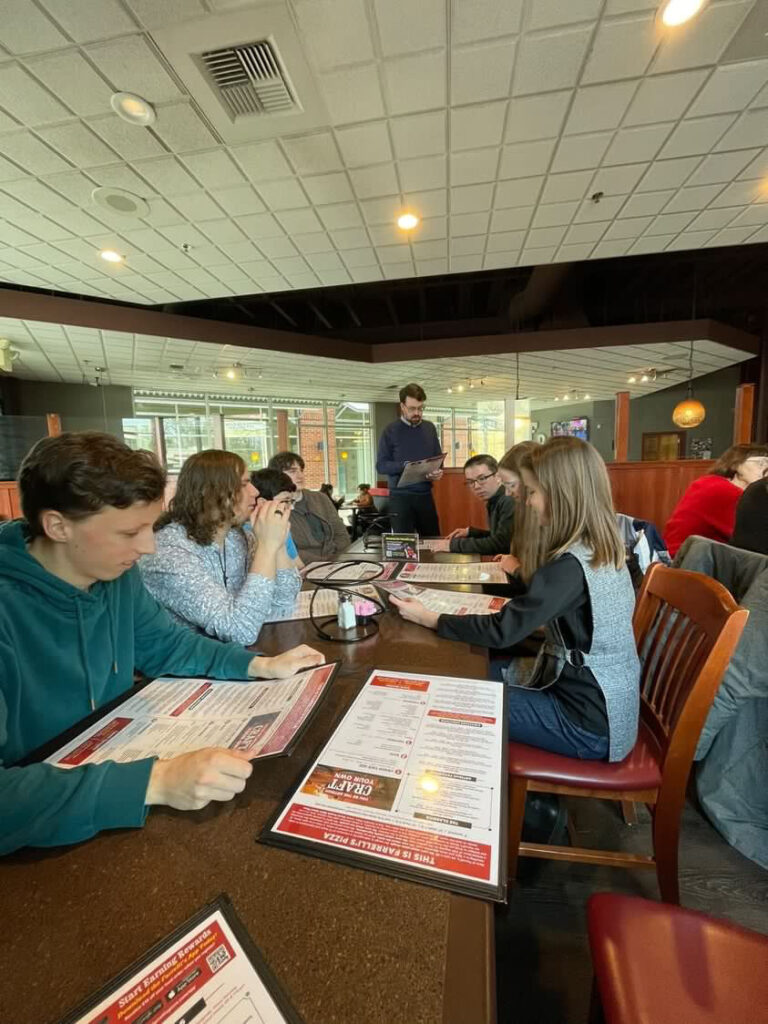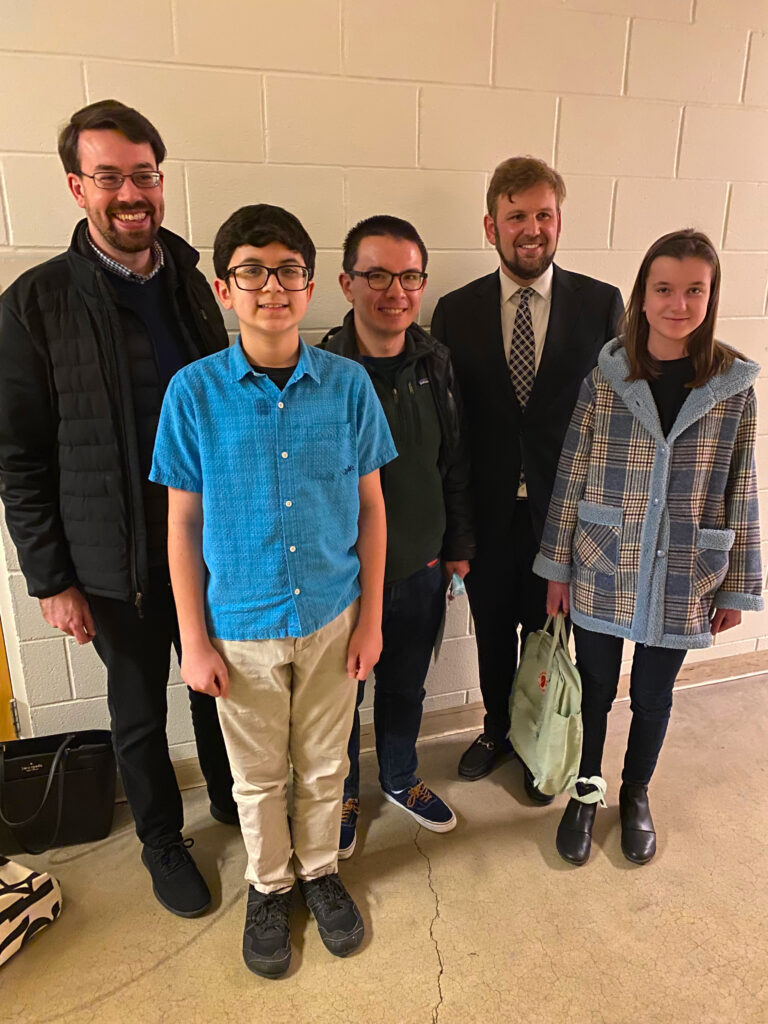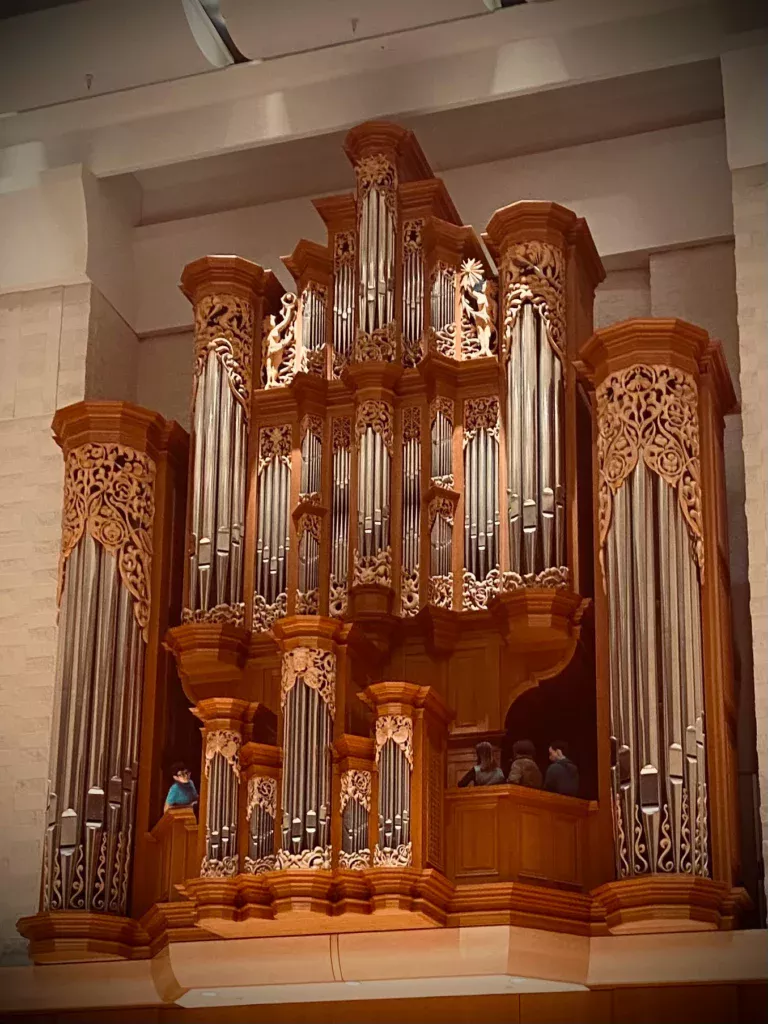The Tacoma Bach Festival presents its 2023 Festival from July 28th to 30th. This year’s opening concert, The Chorale Through the Ages, features AGO member Wyatt Smith at Christ Episcopal Church in Tacoma on July 28th in a program that features music by Bach, Langlois, Mendelssohn, Portman and Rakich.
On July 29th, mezzo-soprano Erin Calata and flutist Tracy Doyle team up for a program at Kilworth Chapel at the University of Puget Sound featuring Bach’s rarely heard Vergnügte Ruh, beliebte Seelenlust, BWV 170, and a newly discovered work by Anna Bon di Venezia.
July 30th marks the festival finale with a gala concert at Kilworth Chapel featuring the TBF Orchestra and Chorus in a program that features Bach Cantatas 61, 150, Caroline Shaw’s To The Hands, and Marques Garrett’s My Heart Be Brave. All concerts are at 7:30 pm. Tickets are available at https://www.tacomabachfestival.org/concerts-1 or at the door.
For more information visit https://www.tacomabachfestival.org/.
TBF-Poster-2023-8-×-17-in-11-×-17-in
